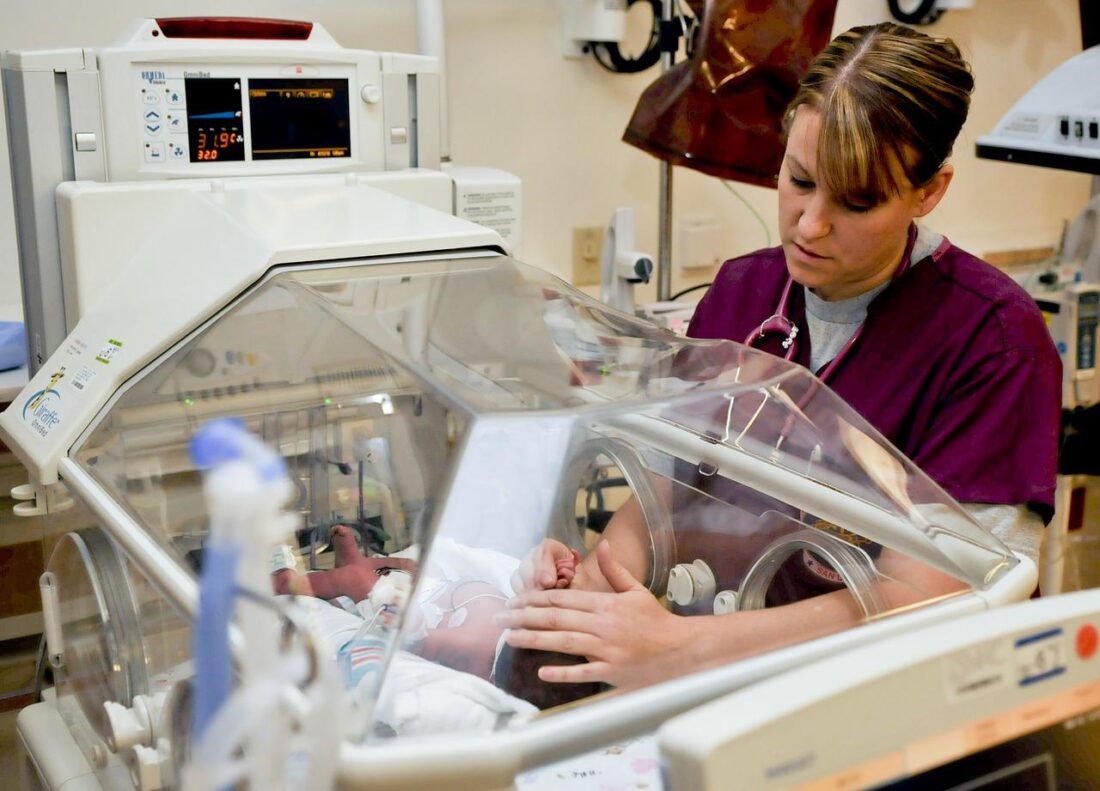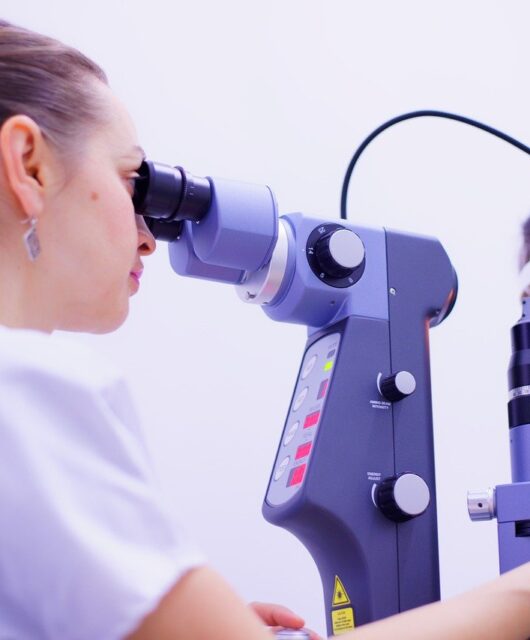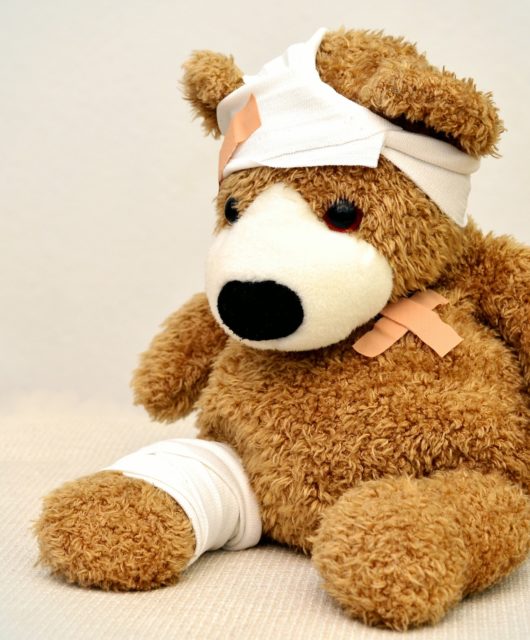The Role of Nurses in Securing the Health of Individuals

Remember your last visit to the doctor. The first person you probably met after checking in was a nurse. He or she enquired about your health, checked your vitals, and sent you to the doctor. After the doctor saw you, the nurse returned to talk through the treatment and medications before helping you check out.
Now, this is the most basic duty a nurse performs. But do you know their role extends way beyond this simple procedure? They are, in fact, a vital part of the healthcare community. Nurses are practically the physician’s partner. They act as a second pair of eyes to support the physicians and the entire care team in their efforts.
Let’s look at the nurses’ role in securing the health of the individuals entrusted in their care.
- Notice irregularities and problems
Nurses closely monitor the changes in patient symptoms. They conduct regular assessments to learn how the patient is doing. With their vast knowledge about different diseases, their diagnosis, and treatment procedures, the nurses can identify numerous symptoms. They can tell what changes are regular and what are alarming. And if they notice any irregularities or signs of deeper issues, they can alert the physicians about it. Hence they not only administer the treatment but also keep a check on how that treatment is progressing.
- Manage procedures and medications responsibly and educate the patient and their family
A physician checks the ill and prescribes a treatment and medicine regime. Nurses are responsible for carrying out this regime. Whether it is taking vitals or administering medication, they do so both skillfully and compassionately. Their tasks are intricate and in adherence to strict safety and cleanliness protocols. That’s why they are very attentive and careful. Even the slightest error can cause serious harm to the patient. Yet, these fantastic individuals perform their duties so well that such errors rarely occur. Thinking about patient safety is a part of their training.
Nurses also teach the patient’s family about the medication, diet, exercise, and other treatment aspects. Moreover, they also help them understand the aftercare when the patient leaves the hospital. Sometimes they go home on strict and complex care regimes. When this happens, the nurses train both the patient and the family to carry it out effectively. They play a vital role in preventing the improper use of medicines and non-compliance within the healthcare regime.
- Learn the new procedures and techniques
The education of a nurse is never over. Even after graduating from a nursing school, earning an online masters degree in nursing becomes vital. The healthcare industry is advancing rapidly. This advancement is regularly introducing new techniques and practices. To keep up with the changing times, nurses have to stay up-to-date. Some institutes arrange specific programs to help nurses embrace new technologies. Others take the initiative themselves. They apply for different certification and review programs to learn about new procedures. All this to secure the health of the individuals entrusted in their care.
- Ensure safety and cleanliness
Nurses work hard to ensure an optimal healthcare environment. A clean and hygienic environment is critical. Cleanliness is essential for infection prevention. While they may not do the cleaning part themselves, they do facilitate it. They monitor the quality of cleaning and ensure that no harmful substance comes in contact with the patient. They maintain acceptable hygiene standards around the hospital to prevent cross-infection and safe procedures.
- Build trust and alleviate fears
Have you ever seen a child getting an IV? The nurse will never walk in the room and stick the IV straight away. No, he or she will first talk to the kid. Prepare him for it. Sometimes even demonstrate the procedure on their plushy toys. They do all this to build trust, so the child is more trusting of what they are about to do.
Similarly, some patients get scared in healthcare facilities, nursing homes, or rehab centers. With the nurse’s encouragement and empathy, they start to feel safe and work towards their improvement. Now picture the scene we described above. Why do you think the nurse made that small talk? To reduce the awkwardness and to build trust. When an individual is sick, feelings of uncertainty are natural. But once they form a bond with their caregiver, they manage to remove numerous barriers to their healing.
- Reduce patient falls
Many of our seniors sustain severe injuries because of falls. Nurses assist the aged in moving about, but they also educate the caregivers in senior safety. They provide fall reducing safety sheets and tips like removing throw rugs and installing handrails, amongst other safety tactics. Additionally, the nurses who serve in the in-patient department train to follow precautions that prevent falls. They keep an eye out for tripping hazards and supervise the movement of too ill or weak patients. They also oversee the transfer of ambulating patients to ensure their safety.
Conclusion
“A nurse is anyone who is entrusted with the health of another,” said Florence Nightingale. She said so when nursing was not yet a profession. She is the person who worked hard to make nursing as we know it today. Nurses secure the lives of individuals in more than one way. Be it explaining the medicine regime or assisting the elderly to prevent them from falls. No one can deny their importance. Amidst the COVID-19 pandemic, while we intensely appreciate physicians, we should express gratitude towards these selfless nurses as well.









